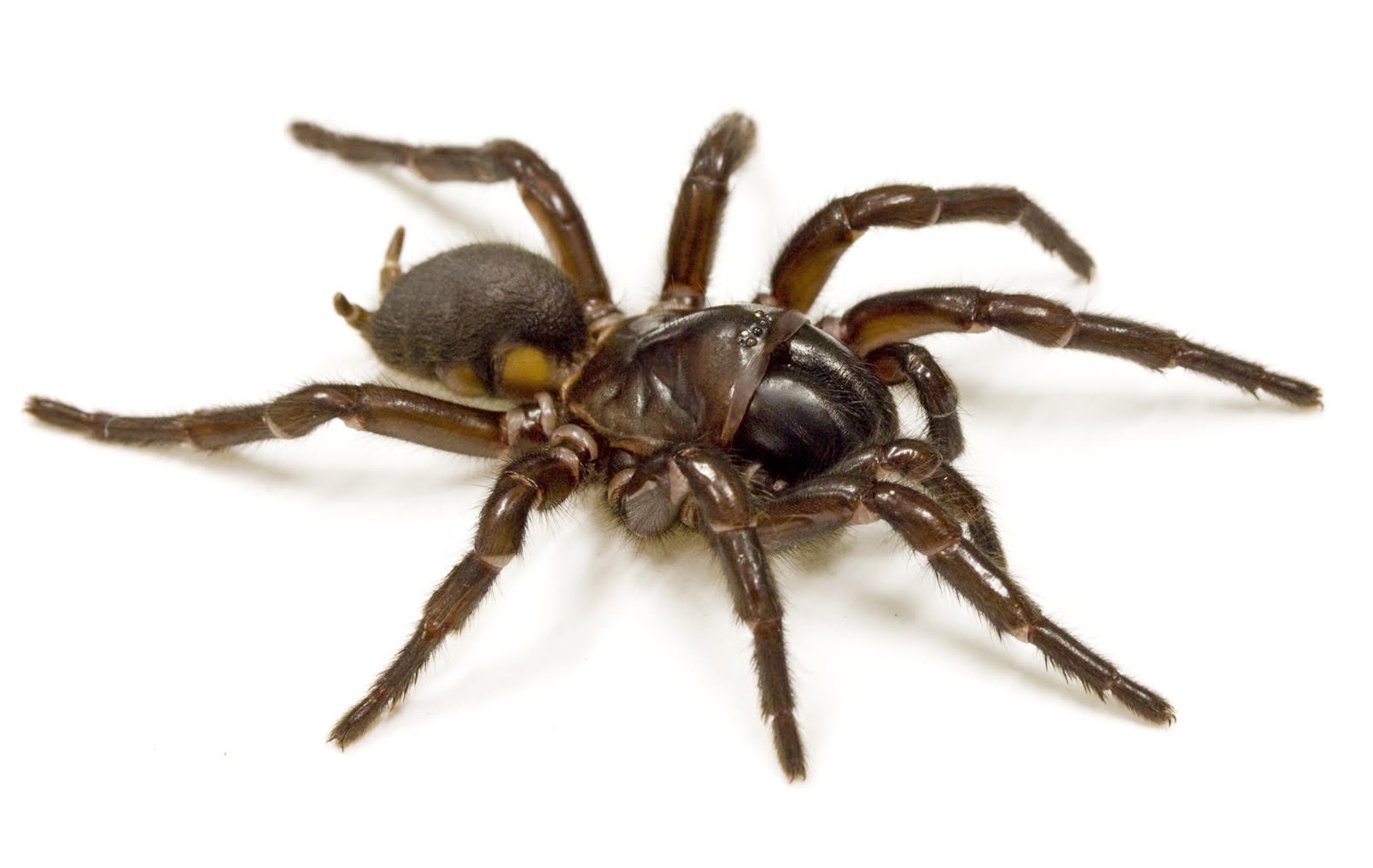

Medicinal Venom
There are an estimated 150,000 animal species that have evolved venom. Some are familiar, such as snakes, bees, scorpions, and spiders. But there are also venomous lizards, sea anemones, cone snails, and even a few mammals, like the duck-billed platypus with its venom-bearing ankle spurs.
Comparatively few of the thousands of animal venoms that exist in nature have been analyzed for their potential medical value. Some venom-inspired medicines are already in use, and others show promise, for treating chronic pain, heart conditions, blood clots, diabetes, and more. Now, advances in technology are allowing scientists to discover and screen more venoms and use them to create something that heals, rather than kills.
Read the whole story at IEEE Pulse magazine: Venom-Inspired Medicine: Ancient Chemicals Offer Novel Solutions.

Engineering a Safer Ecosystem
When it comes to the battle between tiny rodents known as Brandt’s voles and carnivorous birds called shrikes, the birds may seem to have all the advantages. Shrikes, or butcherbirds, are capable of killing small animals like mice and lizards with a paralysis-inducing beak pinch to the spinal cord followed by vigorous shaking to break the prey’s neck. But new research shows the voles can fight back—by making their habitat a safe space.
Read the story at my Animal Minds blog: Voles Trim Grass to Thwart Flying Predators.

Altruistic Birds?
In the summer of 2019, Dominique Potvin, an animal ecologist at the University of the Sunshine Coast in Australia, was excited to begin a tracking study on Australian magpies. She and her team had an exciting new technology to test out and plenty of research questions about the birds’ movements and social dynamics.
But the magpies had other ideas. Within minutes of being fitted with tiny, backpack-like tracking devices, the birds began showing evidence of cooperative “rescue” behavior to help one another remove the trackers.
Read the whole story at my Animal Minds blog: Birds Lend a Beak to Outwit Scientists.

Dogs May Grieve the Deaths of Canine Companions
To assess grief in pet dogs and their owners, researchers conducted a survey of people who had owned at least two dogs, one of whom died while the other was still alive. They found that both a friendly relationship between the two dogs and the owner’s grief increased the likeliness of negative behavioral changes in surviving dogs. The researchers say that negative behavioral and emotional changes observed in surviving dogs could be due to both a grief-like reaction in response to the loss of their companion and a reaction to the grief of their owners.
Read the story at my Animal Minds blog: Dogs May Grieve the Deaths of Canine Companions.

Ape Apothecaries
For the first time, researchers observed wild chimpanzees applying insects to their own wounds and the wounds of others. Although questions remain, the topical application of these insects appears to be an instance of self-medication.
Read more at my Animal Minds blog: Chimpanzees Observed Applying Insects to Injuries.
